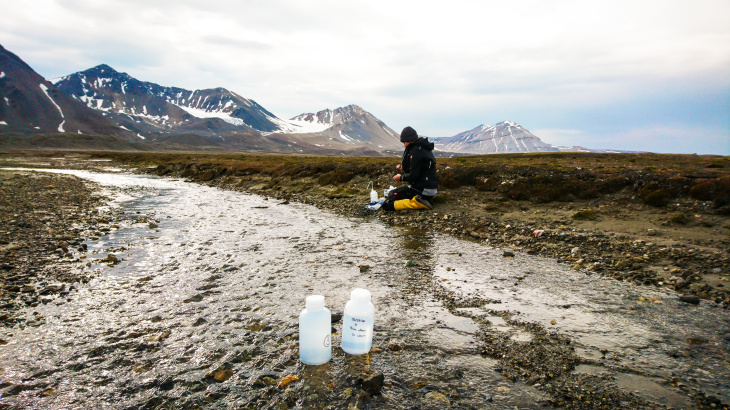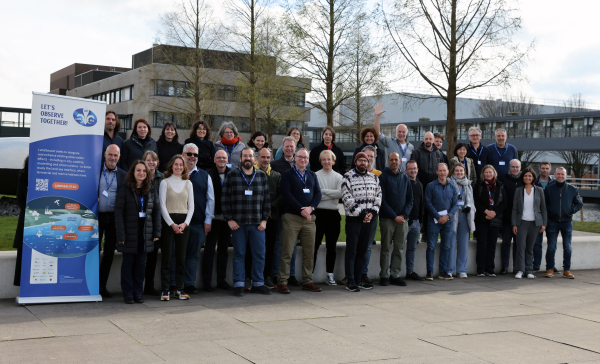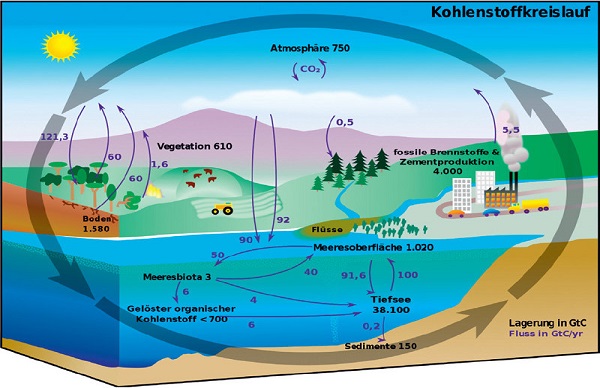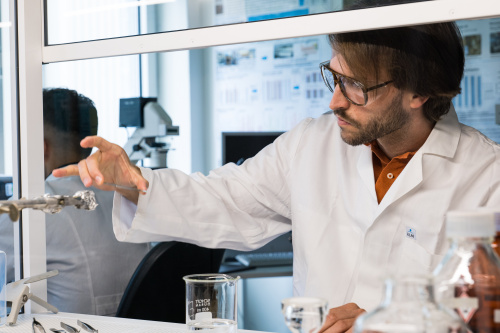Institute of Carbon Cycles

Expedition as part of the ECOTIP project in 2020. Photo: AWI/Grit Steinhöfel
Both the protection as well as the sustainable use of the coastal seas are imbedded in the United Nations‘ sustainability goals. Factors that influence the marine ecosystems must be recognized, understood and quantified—from the source, via rivers and the atmosphere to the open ocean and the seabed. One important step here is the study of methods for increasing the ocean’s carbon dioxide uptake, so that sustainable and environmentally friendly approaches can be developed.
The focus of the new Institute of Carbon Cycles lies in the study of matter and energy fluxes in the coastal seas: specifically, carbon, oxygen, nitrogen and other nutrients as well as selected trace metals and isotopes. Human activity has been impacting the coastal seas for centuries. The research is moving from the previous focus on damage mitigation and prevention toward sustainable utilization of the coastal seas. The new institute plays a central role here by studying how the coastal seas can be used as a sustainable resource and how to direct the carbon pathways. Topics here also include climate change interactions, the effects of multiple stress factors and human impact. The institute develops scenarios that can serve as a basis for societal decision making in the future.
The institute is under development and will expand its expertise in the future.



